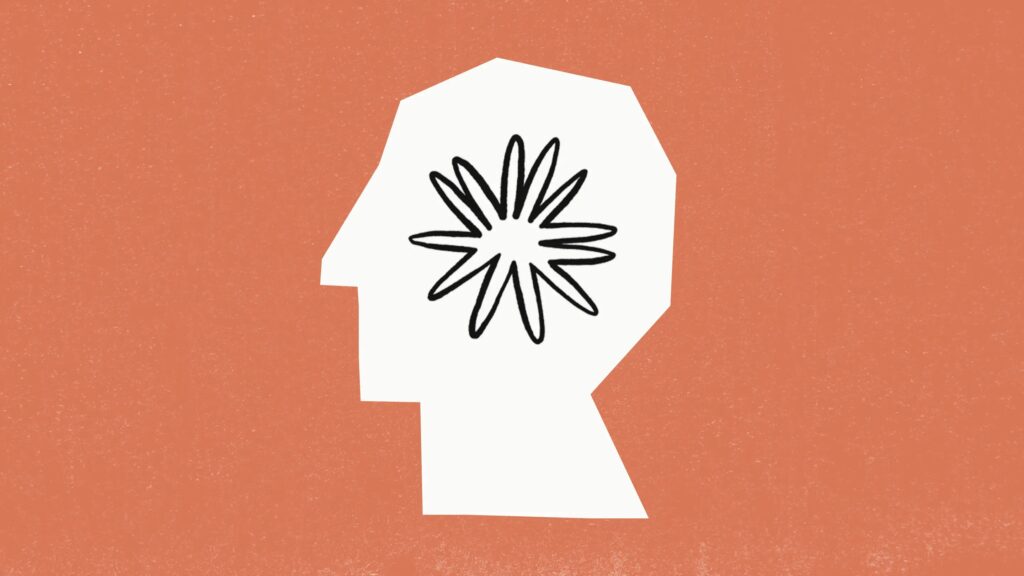Claude AI gains power to end harmful chats
Researchers identified thousands of values shaping Claude’s decisions in real-world chats.

Anthropic has unveiled a new capability in its Claude AI models that allows them to end conversations they deem harmful or unproductive.
The feature, part of the company’s more exhaustive exploration of ‘model welfare,’ is designed to allow AI systems to disengage from toxic inputs or ethical contradictions, reflecting a push toward safer and more autonomous behaviour.
The decision follows an internal review of over 700,000 Claude interactions, where researchers identified thousands of values shaping how the system responds in real-world scenarios.
By enabling Claude to exit problematic exchanges, Anthropic hopes to improve trustworthiness while protecting its models from situations that might degrade performance over time.
Industry reaction has been mixed. Many researchers praised the step as a blueprint for responsible AI design. In contrast, others expressed concern that allowing models to self-terminate conversations could limit user engagement or introduce unintended biases.
Critics also warned that the concept of model welfare risks over-anthropomorphising AI, potentially shifting focus away from human safety.
The update arrives alongside other recent Anthropic innovations, including memory features that allow users to maintain conversation history. Together, these changes highlight the company’s balanced approach: enhancing usability where beneficial, while ensuring safeguards are in place when interactions become potentially harmful.
Would you like to learn more about AI, tech and digital diplomacy? If so, ask our Diplo chatbot!
